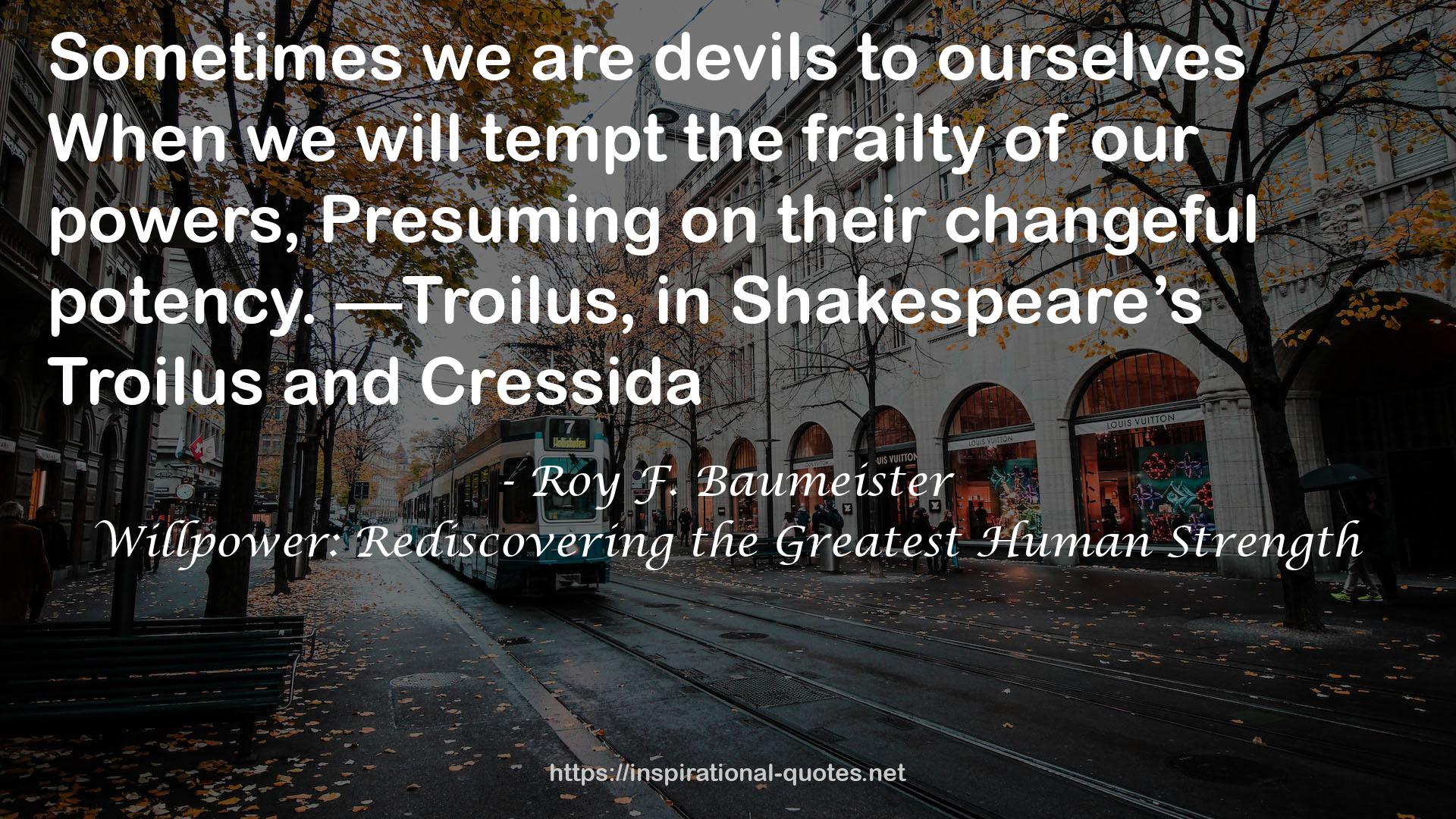105
" While parents like Cyndi Paul find it heartbreaking to start imposing discipline, children react well when reprimands are delivered briefly, calmly, and consistently, according to Susan O’Leary, a psychologist who has spent long hours observing toddlers and parents. When parents are inconsistent, when they let an infraction slide, they sometimes try to compensate with an extra-strict punishment for the next one. This requires less self-control on the parents’ part: They can be nice when they feel like it, and then punish severely if they’re feeling angry or the misbehavior is egregious. But imagine how this looks from the child’s point of view. Some days you make a smart remark and the grown-ups all laugh. Other days a similar remark brings a smack or the loss of treasured privileges. Seemingly tiny or even random differences in your own behavior or in the situation seem to spell the difference between no punishment at all and a highly upsetting one. Besides resenting the unfairness, you learn that the most important thing is not how you behave but whether or not you get caught, and whether your parents are in the mood to punish. You might learn, for instance, that table manners can be dispensed with at restaurants, because the grown-ups are too embarrassed to discipline you in public. “Parents find it hard to administer discipline in public because they feel judged,” Carroll says. “They’re afraid people will think they’re a bad mother. But you have to get that out of your head. I’ve had people stare at me when I take a child out of a restaurant for being rude, but you can’t worry about that. You have to do what’s right for the child, and it really is all about being consistent. They have to grow up knowing what’s appropriate and inappropriate behavior. "
― Roy F. Baumeister , Willpower: Rediscovering the Greatest Human Strength
108
" Think of Eric Clapton on that Saturday evening as a repentant sinner who is literally on the road to salvation, like the hero of Pilgrim’s Progress, the seventeenth-century allegory. Suppose that he, too, is journeying toward a Celestial City. While traveling through the open countryside, he can see the city’s far-off golden spires and keeps heading in their direction. This evening he looks ahead and notices a pub, strategically situated at a bend in the road so that it’s directly in front of travelers. From this distance it looks like a small building, and he still keeps his eyes fixed on the grander spires of the Celestial City in the background. But as Eric the Pilgrim approaches the pub, it looms larger, and when he arrives, the building completely blocks his view. He can no longer see the golden spires in the distance. Suddenly the Celestial City seems much less important than this one little building. And thus, verily, our pilgrim’s progress endeth with him passed out on the pub’s floor. That’s the result of hyperbolic discounting: We can ignore temptations when they’re not immediately available, but once they’re right in front of us we lose perspective and forget our distant goals. George Ainslie, a renowned psychiatrist and behavioral economist with the Department of Veterans Affairs, worked out the mathematics of this foible by using some clever variations of the familiar experiments testing long-term and short-term rewards. For instance, if you won a lottery with a choice of prizes, would you prefer $100 to be paid six years from today, or $200 to be paid nine years from today? Most people will choose the $200. But what if the choice were between $100 today and $200 three years from today? A rational discounter would apply the same logic and conclude once again that the extra money is worth the wait, but most people will instead demand the quick $100. Our judgment is so distorted by the temptation of immediate cash that we irrationally "
― Roy F. Baumeister , Willpower: Rediscovering the Greatest Human Strength
109
" Celestial City might be doomed, Eric the Pilgrim starts bargaining with himself: If I’m going to get drunk anyway tomorrow evening, what difference does it make if I stop for a drink now? Carpe diem! Bottoms up! For him to resist a drink tonight, he needs to be confident that he won’t yield to temptation tomorrow. He needs the help of “bright lines,” a term that Ainslie borrows from lawyers. These are clear, simple, unambiguous rules. You can’t help but notice when you cross a bright line. If you promise yourself to drink or smoke “moderately,” that’s not a bright line. It’s a fuzzy boundary with no obvious point at which you go from moderation to excess. Because the transition is so gradual and your mind is so adept at overlooking your own peccadilloes, you may fail to notice when you’ve gone too far. So you can’t be sure you’re always going to follow the rule to drink moderately. In contrast, zero tolerance is a bright line: total abstinence with no exceptions anytime. It’s not practical for all self-control problems—a dieter cannot stop eating all food—but it works well in many situations. Once you’re committed to following a bright-line rule, your present self can feel confident that your future self will observe it, too. And if you believe that the rule is sacred—a commandment from God, the unquestionable law of a higher power—then it becomes an especially bright line. You have more reason to expect your future self to respect it, and therefore your belief becomes a form of self-control: a self-fulfilling mandate. I think I won’t, therefore I don’t. "
― Roy F. Baumeister , Willpower: Rediscovering the Greatest Human Strength

